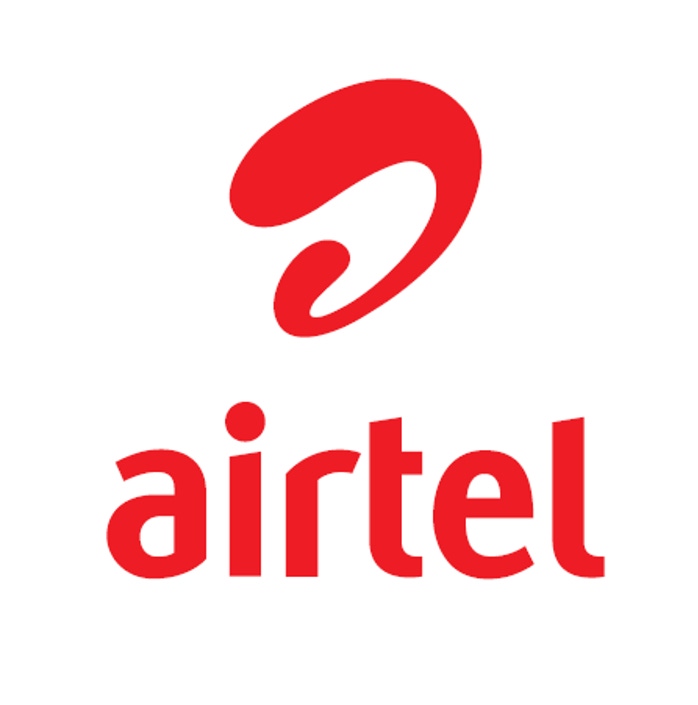Indian telecom giant, Bharti Airtel, is all set to take its data center business, Nxtra to Africa with plans to build five big data centers in the continent.

Airtel Business, the enterprise arm of Airtel, is all set to take its data center business, Nxtra, to Africa, where the Group has a massive presence.
"We already have 40 edge data centers in Africa, which we use for our own captive use. We have also invested in two submarine cables to Africa, 2Africa and Equiano. As these cables will land, we are setting up five hyperscale data centers in Africa. We have every intent to grow Africa in a big way," says Vani Venkatesh, Chief Executive Officer at Airtel Global Business. Airtel is one of the largest service providers in Africa with presence in 14 countries on the continent.
Figure 1:  Both India and Africa are growing regions for hyperscalers and OTT players.
Both India and Africa are growing regions for hyperscalers and OTT players.
(Source: Steve Jurvetson on Flickr CC2.0)
Airtel Global Business is the international arm of Airtel Business which caters to its global customers, including service providers, over-the-top (OTT) players and multinationals, among others.
As of now Nxtra, a joint venture between Airtel and Carlyle, is present only in India, where it has 12 large data centers and 120 edge data centers. Carlyle Group completed the acquisition of a 24% stake in Airtel's Nxtra for $325 million last year.
Increasing broadband usage and growing numbers of subscribers in Africa are leading to a boom in the data center industry. Several tech players, including Google, Amazon, Oracle and Microsoft have invested in building data centers in Africa.
Recessionary environment and demanding customers
Even as the company expands its presence in Africa, it acknowledges that the industry is facing macroeconomic challenges, such as a recessionary environment and supply chain issues with semiconductors resulting from the war in Ukraine.
"We see some players [customers] starting to be slightly more measured about their spend. It's not that the network spending is becoming less, but maybe a tad more measured, especially with these macroeconomic factors," says Venkatesh.
What further adds to the challenge are growing customer expectations. "Compared to even about three-to-five years back, there's a multi-fold increase in the amount of data that's being transferred. There are customers who want 99.99% uptime across the four diversity paths … So that's a higher responsibility on us to make sure that the networks are upgraded and the delivery is robust. Everything is real time and the lead time is reduced. There's redundancy, there's diversity. And there's digitization so that it's seamless and on-demand. We are scaling up dramatically to ensure we continue to meet the growing needs of our customers," elaborates Venkatesh.
Growing competition
Hyperscalers and OTTs are driving the growth of international traffic, leading to growth in this segment for the telcos. What works for Airtel is that both India and Africa are growing regions for hyperscalers and OTT players. A large part of the population in both India and Africa is still to be connected, which means that both regions are going to be of interest for MAANG companies – meaning Meta, Amazon, Apple, Netflix and Google.
Even so, enterprise is the focus area of all service providers and there is emergence of new digital infrastructure providers, adding to the growing competition. For instance, Equinix entered Africa with the $320 million acquisition of MainOne last year.
"So one thing we have learned from our B2C [business-to-consumer] side is to never be complacent. There are three pillars for us [to fight competition]. First is to make sure we are outstanding on service, both on delivery and post-delivery assurance. Second is on product. We are trying to scale up digitally. We are building some APIs for direct integration and we are automating internal processes like feasibility and so on, which helps us get to the customer faster. Third is to develop products as per the customer needs as the customers' needs are continuously changing and how do we adapt ourselves in terms of different models of operation, in different ways of servicing the customer and different operating partnerships," says Venkatesh.
Airtel Global Business was in the news recently due to its partnership with Bridgepointe, a tech-advisory firm, which will seek to help US enterprises expand in India and Africa. Airtel plans to form more partnerships like this to grow its global business.
Want to know more? Sign up to get our dedicated newsletters direct to your inbox.
Commenting on the company's upcoming plans, Venkatesh says, "We've started to take our cloud offerings and IoT [Internet of Things] offerings to our customers. 5G is an upcoming space and is an opportunity for us. Apart from that, we would continue to scale our products, like Airtel IQ and Airtel Advantage, among others, over the next two-to-three years."
Related posts:
— Gagandeep Kaur, contributing editor, special to Light Reading
About the Author(s)
You May Also Like











